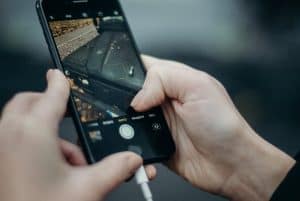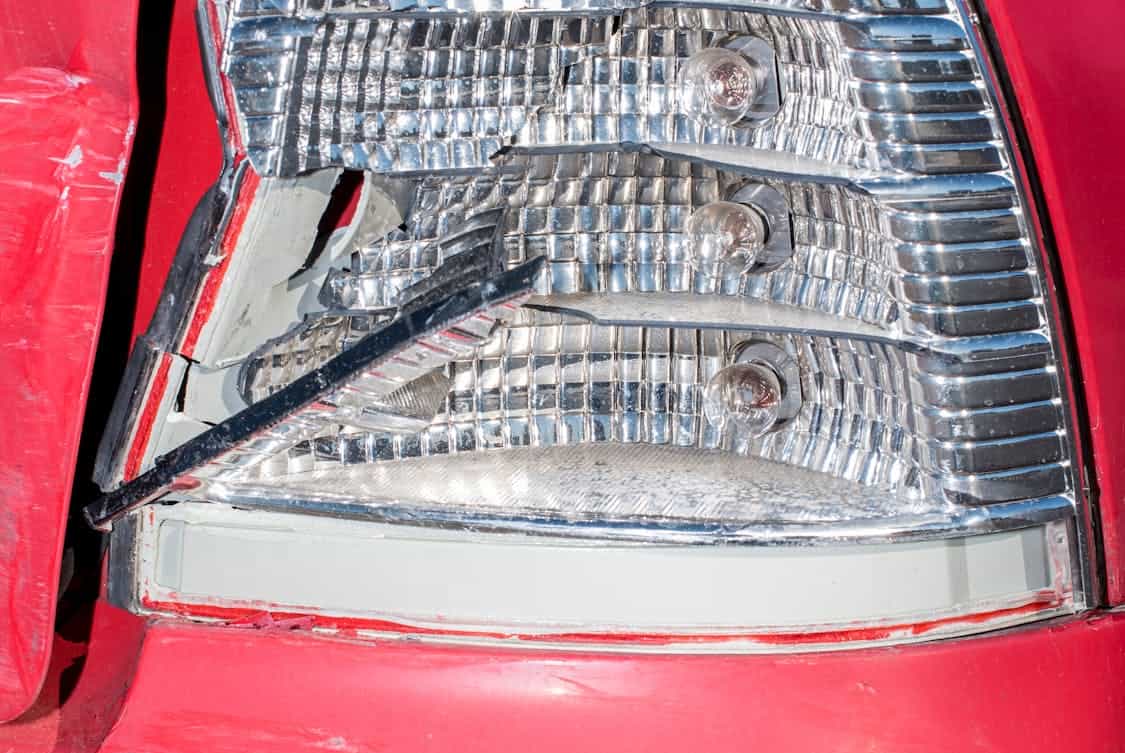Whether you are involved in a minor fender bender or a severe collision, it is essential to understand what steps you should take to ensure your safety and the best possible outcome. From seeking medical attention to filing an insurance claim, the following information will help you make informed decisions after a car accident.
Call the Police
For years, when people were involved in a car accident – even a minor fender-bender – they called the police and an officer would come out to take an official report of the incident. Even if you do not have any major injuries, it is important to call the police, as this step can be critical in filing an insurance claim.
First and foremost, check on yourself and others to make sure they are safe. It is also a good idea to move your vehicle away from traffic and turn on your hazard lights. Next, exchange contact information with other drivers and obtain a copy of their insurance and license information. It is helpful to get the names of any witnesses as well.
Photographic evidence is another important piece of documentation that should be collected at the scene. Pictures of the vehicles in their original positions, skid marks, road conditions, and any visible injuries can help provide valuable information for your case.
Seek Medical Attention
Getting a thorough medical evaluation is another essential step that should not be skipped, even if your symptoms seem to be minor. Injuries such as whiplash can take time to show up and may be misdiagnosed or dismissed by the insurance company. Following your doctor’s treatment plan is also vital for the success of your claim.
Keep a Journal: Keeping a journal about your injuries, pain levels, and how the accident has affected your daily activities can be useful when discussing your case with an attorney. Save Receipts: Be sure to save receipts for any expenses related to your car accident. Be Wary of Quick Settlement Offers: Insurance companies may try to rush you into a settlement that does not adequately cover your full needs.
Exchange Information
A car accident can be a very stressful time. However, following the proper steps after an accident can ensure your safety and protect your legal rights. Knowing what to do after a car accident in Philadelphia can help you feel confident that you are prepared for whatever the future holds.
You should exchange information with the driver of the other vehicle and any witnesses to the crash. This includes names, phone numbers, license plate number, insurance information, and more. If you are able to do so, take note of any damage to your vehicle or other vehicles involved in the accident. This could prove helpful later on if an insurance company tries to claim that your injuries are not as severe as you say they are or that your accident did not cause your injury.
Even if the accident seems minor, it is important to report it to police. A failure to report an accident can lead to penalties and fees. Also, you should never agree to not report an accident if the other driver asks you to. Even if the police do not investigate your accident, you must still use form AA-600 to report it to your insurer.
In the event of a hit-and-run, it is even more important to report the accident to the police. Although you will not be able to recover compensation from the perpetrator of the hit-and-run, you may be able to obtain financial assistance through your uninsured/underinsured motorist coverage. A Philadelphia car accident lawyer can help you explore this option.
Take Photos
While waiting for police to arrive at the scene of a car accident, take as many photos as possible. Ideally, you will capture photos from a variety of angles and distances—close up, far away, and everything in between. If possible, try to include a common landmark in wide-shot photographs to demonstrate scale and distance. Additionally, you should prioritize taking pictures of property damage, including any internal or external damages to vehicles involved in the accident. Make sure you label your photos clearly and preferably with a date or time stamp included.

Photographs taken at the accident scene can be valuable evidence in personal injury cases. They help injured victims and their lawyers build a strong case against the at-fault party for compensation to pay for medical expenses, lost wages, and other damages. In addition, they can also be used as a powerful tool for insurance providers to make fair and informed decisions regarding settlements or other legal proceedings.
Although it may feel tempting to immediately get up and start taking photos while at the scene of an accident, you should always remain safe and ensure that everyone else in your vehicle is also safely out of harm’s way. If you are too injured to do so, ask a passenger or another motorist who is not hurt to take the necessary pictures for you.
It is important to have detailed evidence of the extent of your injuries. Therefore, you should take photos of any scrapes or cuts that you have at the scene (although this is not as critical as making sure that your medical records accurately depict the severity of your injuries). You should also take photos of any property damage that you sustained in the accident, as well as any medical equipment you have had to use to treat your injuries.
Seek Medical Attention
Getting medical attention immediately after any accident is essential not only for identifying injuries and ensuring your health, but also for the legal process. Even a seemingly minor accident can result in an injury that doesn’t show up until later. If you haven’t received medical care, your insurance company may use this as an argument to deny your claim.
A doctor will be able to conduct a thorough examination of you and your passengers to determine the extent of any injuries. This will be crucial in determining the proper compensation for your medical bills and other damages.
Injuries resulting from a car accident can range from neck pain to traumatic brain injury (TBI). These are serious injuries that can have long-term effects on your quality of life. A doctor can perform an MRI or CT scan to assess any internal injuries. They will be able to identify the most serious injuries that don’t manifest at the scene, such as a fractured arm or leg, a concussion, or internal bleeding.
It is also important to keep track of your medical treatments and follow the doctors’ orders as closely as possible. This will not only ensure that you heal properly, but it will also demonstrate your commitment to your recovery. It is common for insurance companies to try and downplay an injury or deny a claim if a patient does not follow their treatment plan.
If the accident was a hit-and-run, you should do everything you can to locate the driver and bring them to justice. This will not only help you recover damages for your vehicle, medical bills, and lost wages but will also aid in the police investigation. If you can, get the name and contact information of any eyewitnesses and encourage them to stay until police arrive to make an official report.
Contact an Attorney
The more information you have to support your claim, the more likely your auto accident lawyer will be able to negotiate a fair settlement for you. While you may be tempted to hide details from your attorney, this is not in your best interests. The more honest you are, the better your attorney will be able to build a strong case on your behalf in pursuit of compensation for your medical bills, lost wages, property damage, and other expenses related to your crash.
Even if your injuries seem minor, it’s important to call the police and file a report. The police officer will record your version of events in the official police report and this can help substantiate any future legal action you take to recover damages.
Take photos of the scene of the crash, including vehicle damage, skid marks, and road conditions. Your smartphone has a camera that can be used for this purpose. Additionally, it is a good idea to get the contact information for any witnesses and their home addresses. Witness testimonies can provide valuable information that supports your claims of negligence by the at-fault driver.
Seek Medical Attention-Again, it is important to do this even if your injuries seem minor. Some injuries, such as whiplash, may not be evident at the scene of the accident and can have long-term consequences if not treated immediately. Additionally, failing to seek medical treatment can lead the insurance company to question whether your injuries are the result of the accident or not.
Save receipts for everything related to the crash, including ambulance, hospital, and medical bills, as well as rental car and auto repair costs. Also, keep a journal of your pain levels, medical treatments, and how the accident has impacted your daily life. Finally, do not accept any quick settlement offers from the at-fault driver’s insurance company without consulting your Philadelphia car accident lawyer first.

